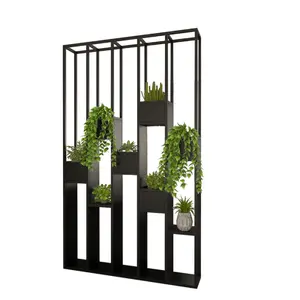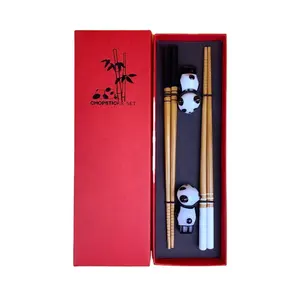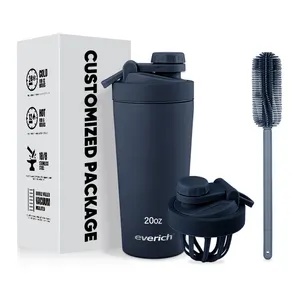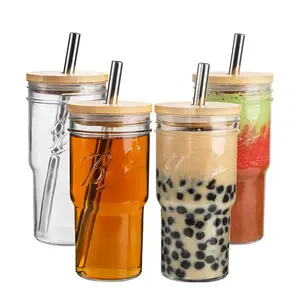Popular in your industry






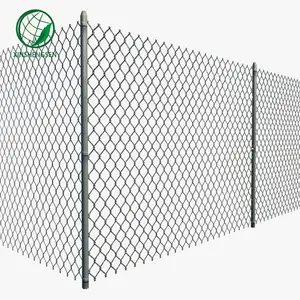






















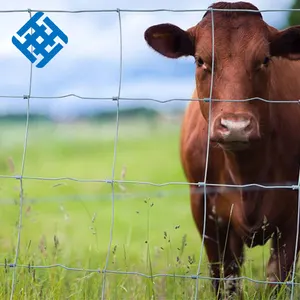





































Related Searches:






























































































































































Top categories
About wire fencing on a roll
Introduction
Discover the versatility of wire fencing on a roll, an eco-friendly and cost-effective solution for diverse fencing needs. This practical and easy-to-install fencing option offers a variety of types to cater to different applications. Whether it's keeping garden critters at bay or containing livestock, wire fencing on a roll is a durable and affordable choice. This article will explore the different types of wire fencing, their benefits, eco-friendly aspects, cost-effectiveness, and tips for proper installation and maintenance. We will also share some successful applications of wire fencing on a roll.
Understanding Wire Fencing on a Roll
Wire fencing on a roll is a robust and quick-to-install solution for those who require a sturdy garden fence. It's particularly effective for keeping out rabbits, dogs, and burrowing critters when combined with PVC-coated galvanized wire. Installation is straightforward, especially when using metal fence posts. A more robust version can be achieved with regular wood posts set in holes. This type of fencing is not only durable but also cost-effective, making it a popular choice for many gardeners.
Types of Wire Fencing on a Roll
Wire fencing on a roll comes in various types, each with unique features and applications. Barbed wire, typically made from steel, is commonly used for livestock containment. Welded wire fencing, with its vertical and horizontal wires fused together, is ideal for residential and commercial uses. Woven wire fences, similar to chain link fences, are perfect for containing pets or livestock. Electric wire fences are used on farms to contain livestock and deter predators. Straining line wire fences enhance the stability of other fence types. Chicken wire is ideal for containing small animals or protecting gardens. Aluminum wire fences are lightweight and resist corrosion. Steel wire fences are durable and excellent conductors for electric fences. Lastly, vinyl-coated wire fences provide a safer surface for human and animal contact.
Benefits of Wire Fencing on a Roll
Wire fencing on a roll offers several benefits. Welded wire fencing, recognizable by its grid-like pattern, is lightweight and flexible, making it suitable for general use around the farm. Woven wire fencing, constructed by wrapping intersecting wires around each other, provides greater strength than a spot-welded fence. Barbed wire fencing is an economical option for larger livestock, while electric wire fencing offers a cost-effective or temporary fencing solution. Each type of wire fencing has a specific purpose and is appropriate for different applications, making it a versatile choice for various fencing needs.
Eco-Friendly Aspects of Wire Fencing on a Roll
Wire fencing on a roll is a sustainable choice for your fencing needs. These fences are made from galvanized wire, which is durable and recyclable. The PVC coating not only enhances the fence's longevity but also makes it environmentally friendly. The eco-friendly aspects extend to the design as well, with options like the 3D curved welded wire mesh fence or the twin wire fence. These designs use materials efficiently, reducing waste. Moreover, the easily assembled nature of these fences minimizes the energy used in installation, further contributing to their eco-friendliness.
Cost-Effectiveness of Wire Fencing on a Roll
Wire fencing on a roll is a cost-effective solution for your fencing needs. Traditional wood fencing can be expensive and require constant upkeep. In contrast, wire fencing provides a lower-cost alternative. For instance, a t-post used in wire fencing costs about $6 to $8, compared to a weather-treated wood fence post that averages about $40. Furthermore, a 100-foot roll of mesh wire fencing is around $200 or less, significantly cheaper than wood fencing. Even if you choose to use wood posts for stability and visibility, wire fencing remains a more affordable option.
Installation and Maintenance of Wire Fencing on a Roll
Wire fencing on a roll requires proper installation and regular maintenance to prevent sagging or misalignment. A sturdy framework and tension wire are essential for maintaining the fence's strength. Regular inspections for damage or wear and tear, and immediate repairs, are crucial. The fence should be installed correctly, with the wire stretched tightly between the posts. Choosing a high-quality, rust-resistant wire can prolong the fence's life. If animals are putting pressure on the fence, consider adding additional support.
Case Studies: Successful Applications of Wire Fencing on a Roll
In a practical application of wire fencing on a roll, a repairman devised a solution to handle the heavy rolls. He built a rig that attaches to his tractor, making it easier to unroll and set up the fencing. He can either drive the tractor along the fence line to unroll it or set the tractor at one end and pull the fence through narrow spaces. Another user suggested an alternative method that involves feeding a pipe through the center of the roll and attaching chains to each end, which hang off a front-end loader. This method allows for easier unrolling, even on sloping ground.
Conclusion
Wire fencing on a roll is a versatile, eco-friendly, and cost-effective solution for a variety of fencing needs. With its range of types, each designed for specific applications, it offers durability and flexibility. Its eco-friendly aspects, such as recyclable materials and efficient design, make it a sustainable choice. The cost-effectiveness of wire fencing, compared to traditional wood fencing, is undeniable. Proper installation and maintenance ensure the longevity of the fence. Practical applications, like those shared by our users, demonstrate the ease of handling and setting up this type of fencing. In conclusion, wire fencing on a roll is a practical, sustainable, and affordable solution for your fencing needs.


